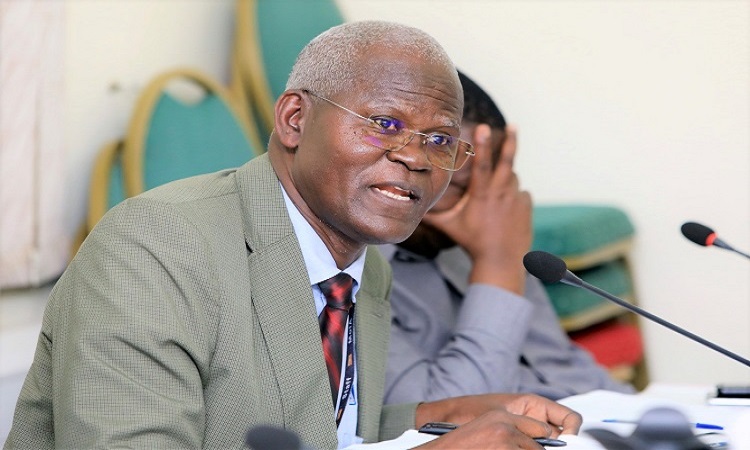Kampala, (UG):- The Director of the Directorate of Government Analytical Laboratory (DGAL), Kepher Kuchana, has revealed that the government collected over UGX500 million in DNA testing revenue in just three months.
This surge according to Kuchana is attributed to an increased number of Ugandans seeking to establish paternity during heightened national debate around “paternity fraud.”
While appearing before Parliament’s Defence and Internal Affairs Committee on Tuesday 17th December 2024, Kuchana noted that the demand for DNA tests typically spikes around the time when school fees are due.
He explained that men, seeking to avoid paying school fees for children they suspect are not theirs, view the tests as a cheaper alternative.
“When it is a father and a child, and the mother is not present or has passed away, each test costs UGX250,000, totaling UGX500,000. We witnessed a sharp increase in requests, contributing to UGX500 million in revenue within three months. Now, as January approaches—school fees season—we expect another spike,” Kuchana noted.
The DGAL is pushing for the enactment of the Forensic Evidence Bill, 2024, which aims to regulate the forensic sector and bolster revenue generation. Kuchana cited a 2016 study showing that Uganda loses over UGX9 billion annually due to the absence of a legal framework to regulate industrial and consumer chemicals.
“We wrote to the Commissioner General of Uganda Revenue Authority for data on imported chemicals. Using benchmarking from Tanzania—where 2% of imports are levied—we discovered Uganda could generate UGX9 billion annually even at a 0.1% rate,” Kuchana revealed.
The Forensic Evidence Bill, 2024, was defended by the Minister of State for Internal Affairs, David Muhoozi, who emphasized its role in restoring public confidence in investigative institutions and reducing crime.
“The Bill will strengthen national systems for forensic science research and development. It will increase public confidence in state institutions, reduce criminal activity, and enhance the resolution of disputes through scientific arbitration,” Muhoozi stated.
Muhoozi added that the Bill seeks to establish a comprehensive forensic science service for Uganda. It will designate the Government Analytical Laboratory as the regulatory body for forensic and scientific analytical services and create a DNA database to improve forensic investigations.
Currently, Uganda lacks a clear policy or regulatory framework to oversee forensic and analytical services, leaving industrial and consumer chemicals largely unregulated. Muhoozi stressed that the absence of such a framework hinders the growth of the forensic science industry and exposes the public to risks.
“The Bill will harmonize regulations to guide the development and usability of forensic results while enhancing justice delivery and environmental safety for all Ugandans,” Muhoozi remarked.
Parliament is now considering the Forensic Evidence Bill, which, if enacted, is expected to provide a clear legal structure for the forensic sector, improve revenue collection, and enhance investigative processes in the country.
Send us your story or opinion on: dailyexpressug@gmail.com. You can also follow Daily Express on WhatsApp for all the latest news and updates.


